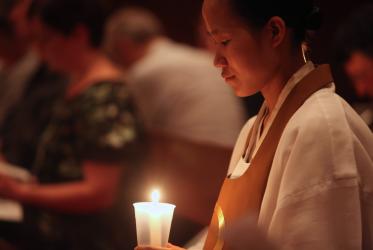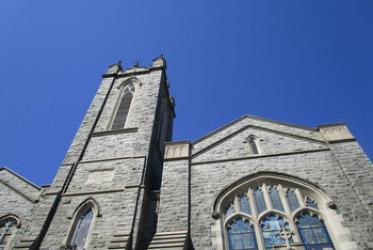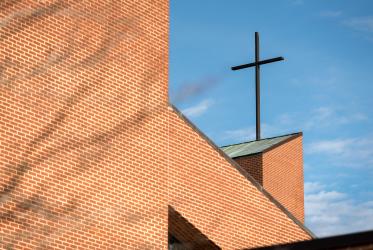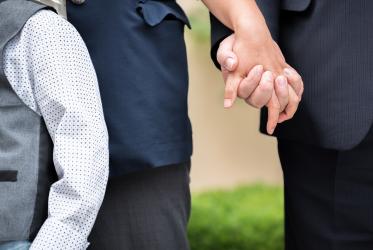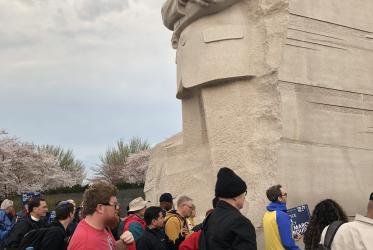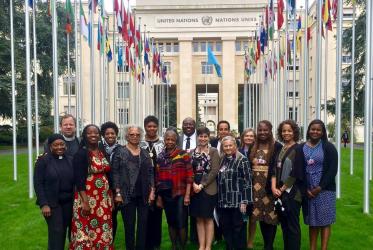Displaying 1 - 20 of 50
Churches should use their voice on climate change
26 February 2020
WCC pressing ahead with disarmament work
28 August 2019
Pan African Women of Faith issue fervent Call to Action
20 November 2018
WCC statement welcomes hopeful turn in Korea
20 June 2018
“Dear white Christians: what now?”
05 April 2018
At CSW62, “stories are the heartbeat”
21 March 2018
“The work of truth-telling has to happen”
28 September 2017


